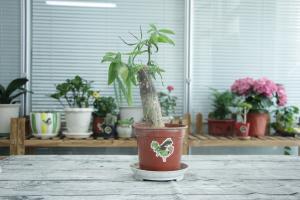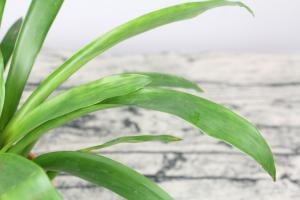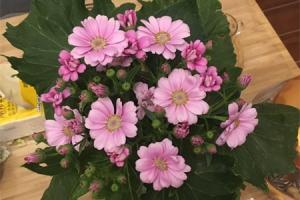Introduction
Planting shade trees can provide numerous benefits such as reducing energy costs, improving air quality, and enhancing property values. However, selecting the right type of shade tree is crucial as some trees can have extensive root systems that can damage sidewalks, driveways, and even the foundation of homes. This article will explore the best shade trees to plant without roots expanding.
Japanese Maple
The Japanese Maple is a slow-growing tree that can reach a height of 20 feet, making it perfect for smaller gardens or tight spaces. It has a shallow root system that does not expand significantly, making it an ideal choice for planting near sidewalks or driveways. The leaves of the Japanese Maple are also beautiful, ranging in color from deep red to pale yellow, adding aesthetic appeal to your outdoor space.
Redbud
The Redbud is a native tree that is known for its showy pink or purple spring flowers. It reaches a height of 20-30 feet and has a shallow root system that makes it suitable for planting near patios and foundations. Redbuds also have unique heart-shaped leaves that turn yellow in the fall, adding to the visual interest of your property.
Dogwood
The Dogwood is another popular choice for planting trees without roots expanding. Its shallow root system and slow growth rate make it suitable for planting in smaller gardens or landscapes. Dogwoods have showy pink, red, or white flowers in the spring, and their foliage turns deep-red or purple in the fall. They also produce edible berries that attract birds and other wildlife to your yard.
Honeylocust
The Honeylocust is a fast-growing shade tree that has a unique appearance, with fine, fern-like leaves and a spreading crown. It reaches a height of 30-70 feet and has a shallow root system that does not damage hardscaping or underground pipes. Honeylocusts also have thorns that can help deter intruders, making them a popular choice for security planting.
Birch
Birch trees are known for their delicate foliage and unique bark, making them a popular choice for landscaping. They have shallow root systems that spread out horizontally, rather than vertically, making them suitable for planting near hardscaping without causing damage. Birches require plenty of water and prefer soil that is moist and well-drained, making them an excellent choice for areas with higher precipitation rates.
Conclusion
Planting shade trees can provide numerous benefits, but it is essential to choose the right tree to avoid damage to hardscaping and underground utilities. The Japanese Maple, Redbud, Dogwood, Honeylocust, and Birch are all excellent choices for planting without roots expanding. Consider the size of your outdoor space, soil type, and sun exposure when selecting a shade tree that will thrive in your yard.

 how many times do yo...
how many times do yo... how many planted tre...
how many planted tre... how many pine trees ...
how many pine trees ... how many pecan trees...
how many pecan trees... how many plants comp...
how many plants comp... how many plants can ...
how many plants can ... how many plants and ...
how many plants and ... how many pepper plan...
how many pepper plan...






























